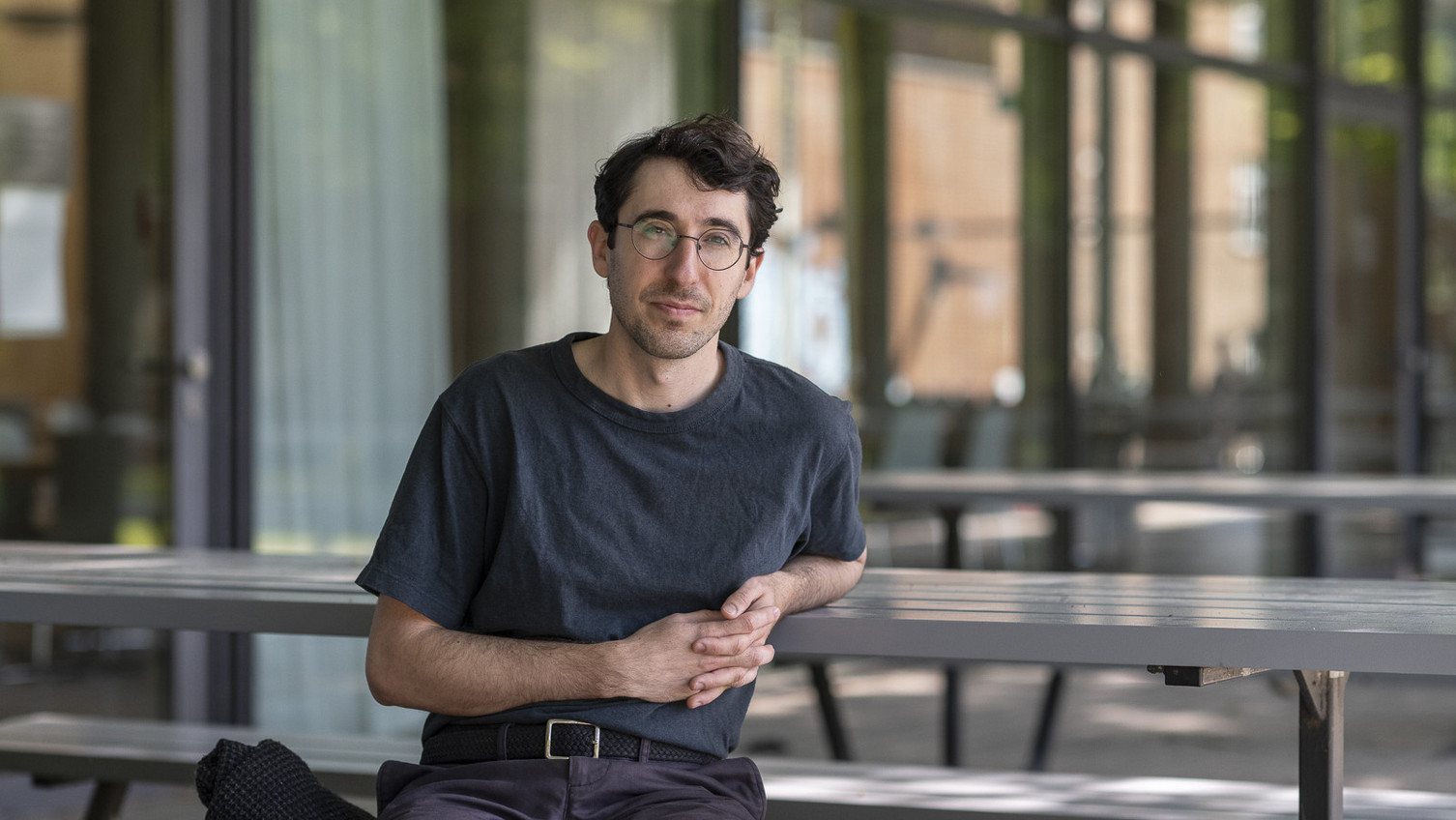Fellow 2025/26
Jason Goldfarb's research combines critique and imagination. Drawing on literary studies, critical theory, science fiction and utopian studies, he explores speculative literature that deals with other futures that cannot be categorized as either utopian or dystopian. By examining the interaction between literary production and socio-economic structures, he explores how the post-1970s economic decline has shaped the cultural imagination. However, instead of assuming a “dystopian” social imagination in which the future appears either as a continuation of the present without alternative, or as its decline, Jason Goldfarb is interested in the potential contained in speculative literature for a critique of the present.
Abstract
Science Fiction Without a Future: Imagination in the Age of Post-productive Capitalism
There exist many accounts of the contemporary (post-1970s) period as an era defined by the so-called “end of history,” the homogenization of culture by capitalism, and the globalization of a world previously characterized by dynamic centers and peripheries—in short, the erosion of all sorts of “outsides” and “alternatives.” Yet there are far fewer accounts of the ways in which these designations—often synthesized as the “end of the future”—are “objective illusions” reflecting the structure of the social world. My research focuses on the social and material reality of our current moment and the consequences these realities have for existing cultural and aesthetic forms that depend so much upon a notion of “the outside” for their existence. In particular, I look at aesthetic forms that make use of estrangement, transgression, and cognitive mapping, like Octavia Butler’s Xenogenesis, Kazuo Ishiguro’s Never Let Me Go, and Ernest Cline’s Ready Player One. Looking also at the work of writers such as Catherine Lacey, Ottessa Moshfegh, and Luiza Sauma I read these texts as staging the problematic of criticism and transgression while also gesturing toward a new mode of critique. In my research I pose the following questions: In an era without new and dynamic alternatives to the dominant social order, are these cultural forms simply “dead”? Do they reinvent themselves in light of shifting socio-economic circumstances? Examining these issues primarily through the fields of English, post-45 literary studies, literary theory, and science fiction, my research speaks to broader concerns about the role of culture in an era of stagnation and foreclosure. I claim that these texts reveal new potential futures embedded within the present, offering a means of estrangement that allows for a reconfiguration of what is possible.
Education
2022 PhD Literature, Duke University, Durham, United States
2015 BA Philosophy, Binghamton University, United States
Most Recent Academic Position
Adjunct Duke University, Durham, United States
Most Recent Publications
„Neoliberalism and the (Im)possibility of the Affective Novel.“ Textual Practice 36, no. 8 (2022): 1333–1550.
“Nazis, Nostalgia, and Critique: Taika Waititi’s Jojo Rabbit.” PopMatters, July 2020. [https://www.popmatters.com/taika-waititi-jojo-rabbit-nostalgia-2646026493.html.]
“After ‘The Day After’: On Anti-Consumerist Consumerism.” Everyday Analysis: A Journal of Collective Theory, December 2019. [https://everydayanalysisorg.wordpress.com/2019/12/26/after-the-day-after-on-anti-consumerist-consumerism/]


